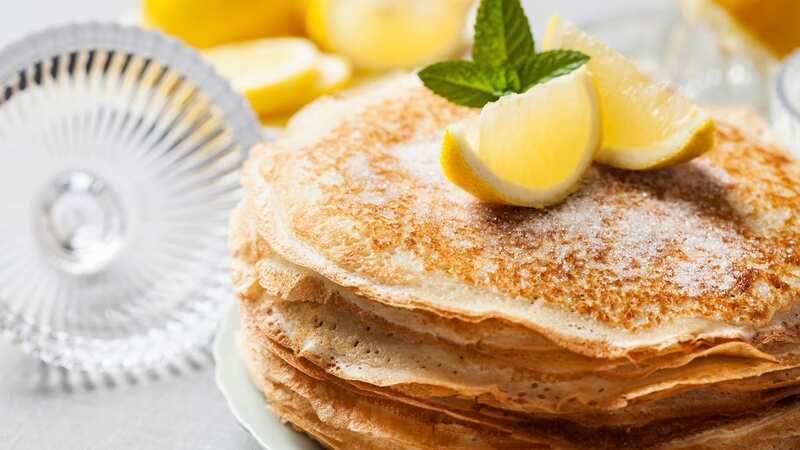People with leftover pancake batter issued warning on Shrove Tuesday

You can't always swerve a kitchen disaster on Shrove Day - but one common mistake will only add to your stress.
Nothing beats waking up to a plate full of fresh pancakes or the rewarding feeling of rustling up a fresh batch for yourself. While you may be inclined to stick to your favoruite recipe, it's always fun to switch things up, whether that's changing your mixture completely or adding new toppings to your pancakes. But after an exhausting morning, you're left with a messy kitchen and leftover batter.
Most people are making a common mistake with how they dispose of leftover pancake batter that could end up costing you a small fortune. Andy Simms, a plumbing expert from MyBuilder.com, warns that you should never pour your batter down the sink - as it falls into the category of FOG (Fats, Oils, and Greases). This could result in a blocked sink pipe, which could up to £250 to repair.
"Pancake mix is filled with oil, and as such is a disaster for sink pipes. Blockages are not only very inconvenient, but are pricey to fix," Simms said. If you need to dispose of the batter, make sure you do it responsibly.
The pro recommends using the leftover batter to make other foods such as Yorkshire Puddings or keeping it in the freezer to save for a later date. "Never be tempted to pour it down the sink," he added. "Not only could it cost you money, it's terrible for our sewers and can contribute to fatbergs.”
 Amazon shoppers 'love' kitchen gadget that cooks 'perfect' pancakes in minutes
Amazon shoppers 'love' kitchen gadget that cooks 'perfect' pancakes in minutes
Pancake batter isn't the only thing you should keep away from your drains. MyBuilder.com also urges households to properly discard meat fat, cooking fat, gravy, custard, and Baileys the proper way.
What’s your favourite pancake topping? Vote in our poll HERE to have your say.
He says the two staple products are at the opposite ends of the PH scale, which makes them the perfect un-clogger. "Thanks to its alkali properties, baking soda easily dissolves grease and dirt, all you need to do is add half a cup of baking soda to your sink, "William added.
Then, add one cup of white vinegar to the drain and cover with a cloth. Leave the solution for around 15 to 30 minutes then remove the cloth and pour hot water down the drain to flush out any leftover debris.
If you think your sink is clogged, there is a homemade cleaning solution that could prevent you having to call the plumber. Sam William at SGS Engineering says his tried-and-tested method uses only two ingredients: baking soda and white vinegar.
Read more similar news:
Comments:
comments powered by Disqus

































